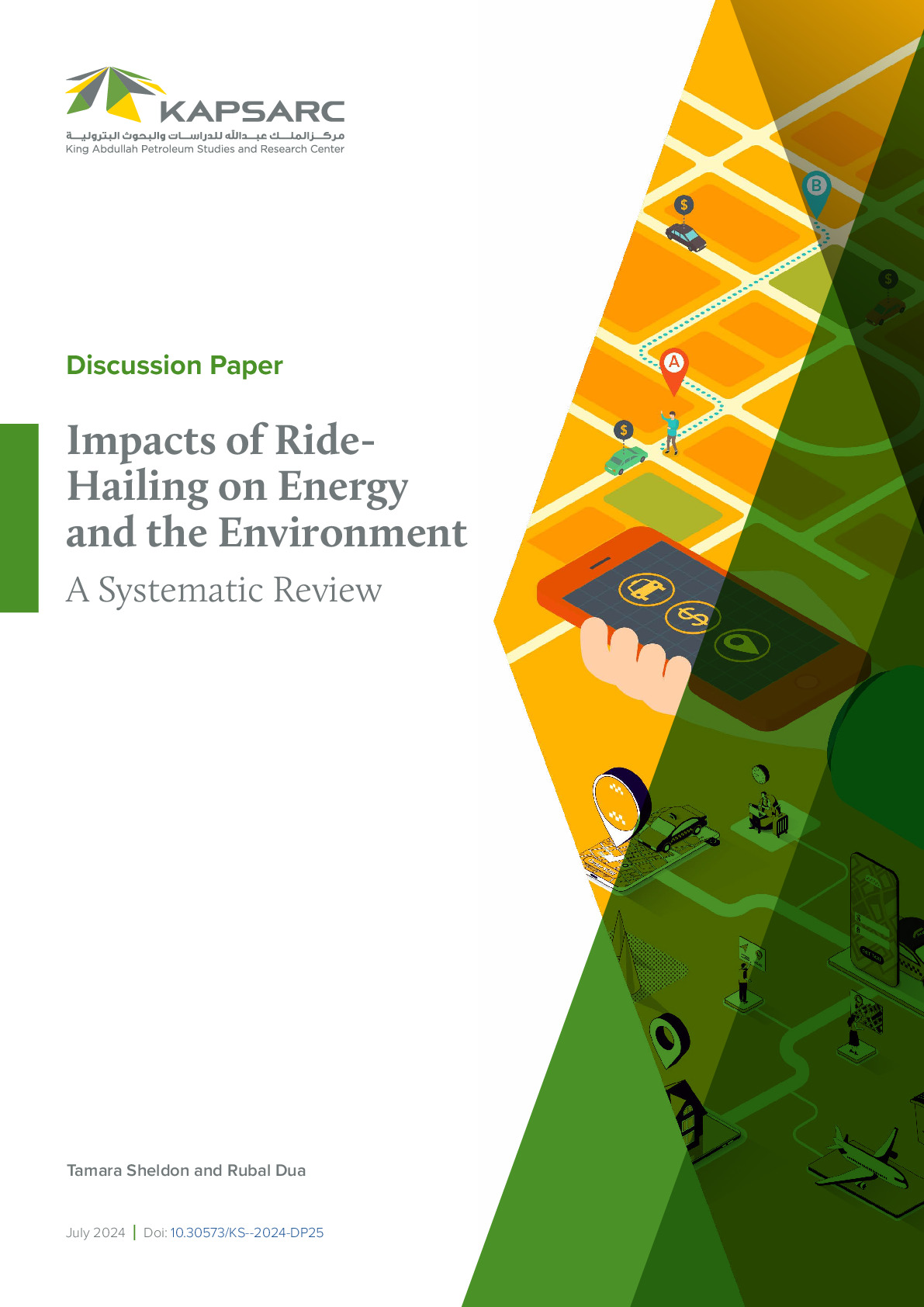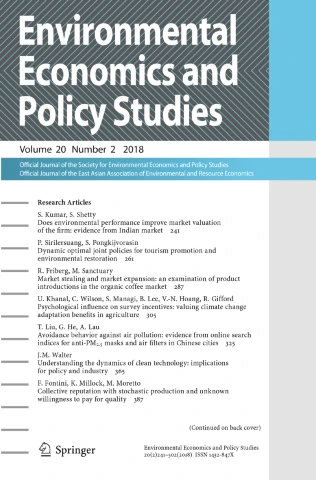The adoption of energy-efficient technologies is a key factor in improving energy utilization. The ways in which consumers make their decisions – incorporating non-economic factors – is critical to understanding the pace and depth of adoption. We present a way of characterizing current and potential adopters of new technology and the factors that influence their decisions using battery electric vehicle (BEV) adoption in the U.S. as a case study.

Fellow
Rubal is a research fellow at KAPSARC focused on understanding consumer decision making, in particular, consumer choice of energy-efficient technologies…
Rubal is a research fellow at KAPSARC focused on understanding consumer decision making, in particular, consumer choice of energy-efficient technologies and mobility options under alternative technology and policy scenarios. Before joining KAPSARC, Rubal gained a Ph.D. at KAUST designing advanced carbon materials for energy and environmental applications, with a particular focus on energy storage, carbon capture, waste-water treatment, and hydrogen generation via solar water splitting. Prior to that, he worked at the University of Pennsylvania on a semiconductor industry-funded project, developing a continuum modeling framework for simulating the physics of micro defect formation in silicon crystals.
Expertise
- Behavorial decision science
- Consumer adoption
- Energy-efficient mobility and shared autonomous mobility-on-demand
Publications See all Rubal Dua’s publications

Impacts of Ride-Hailing on Energy and the Environment: A Systematic Review
The adoption of energy-efficient technologies is a key factor in improving energy utilization. The ways…
15th July 2024
Energy Price Reform to Mitigate Transportation Carbon Emissions in Oil-Rich Economies
The adoption of energy-efficient technologies is a key factor in improving energy utilization. The ways…
2nd April 2024